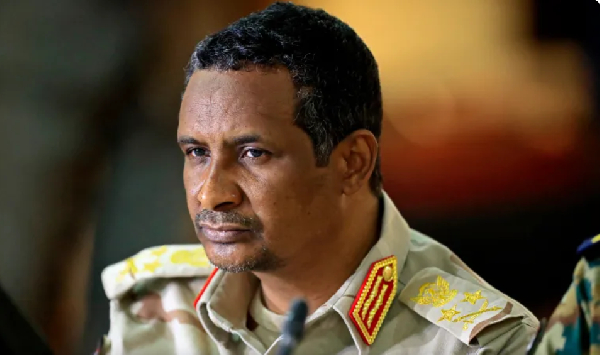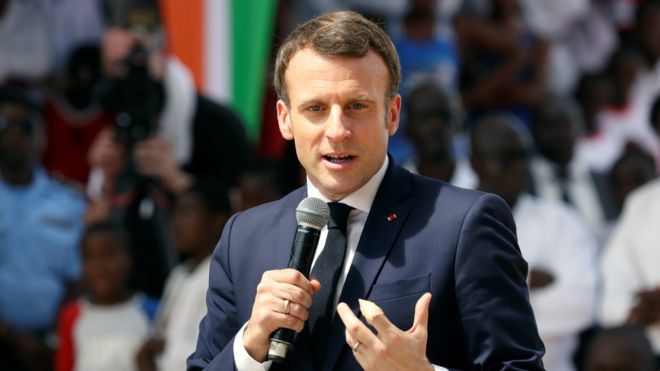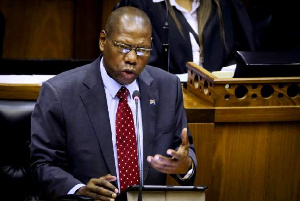Sudan’s RSF confirms retreat from Khartoum, eyes ‘stronger’ return

The head of Sudan’s Rapid Support Forces (RSF) has acknowledged the paramilitary has retreated from the capital Khartoum as it warned the fighting against the Sudanese army was not over.
Mohamed Hamdan Dagalo, also known as Hemedti, on Sunday conceded in an audio message on the Telegram app that his forces had left the capital last week as the army consolidated its gains.
“It’s true that in the past few days there was a withdrawal by forces [from Khartoum] to reposition in Omdurman. This was a tactical decision made by the leadership. It was a collective decision,” said Dagalo.
However, he pledged to return to Khartoum “stronger, more powerful and victorious”.
“All those who think that there are negotiations or agreements in process with this diabolical movement are mistaken,” he continued, in reference to the army. “We have neither agreement nor discussion with them – only the language of arms.”
Hemedti’s comments came as the Sudanese army continued to consolidate its gains, taking control on Saturday of a major market in Omdurman, Khartoum’s twin city, which had previously been used by the RSF to launch attacks.
The army already controlled most of Omdurman, home to two large military bases. It appears intent on securing the entire capital area, which is made up of the three cities of Khartoum, Omdurman and Khartoum North, divided by branches of the River Nile.
The RSF still hold some territory in Omdurman.
Meanwhile, Sudanese army chief Abdel Fattah al-Burhan on Saturday also pledged not to back down, after a decisive blitz over the past few weeks in which the army reclaimed the presidential palace, the war-damaged airport and other key sites in the city centre.
“We will neither forgive, nor compromise, nor negotiate,” al-Burhan said, adding that victory would only be complete when “the last rebel has been eradicated from the last corner of Sudan”.
The two-year civil war is the result of a power struggle between the army and the RSF before a planned transition to civilian rule.
The war has created what the United Nations describes as the world’s worst hunger and displacement crises. More than 12 million people have been uprooted, tens of thousands killed, and a UN-backed assessment declared famine in parts of the country.
Overall deaths are hard to estimate, but a study published last year said the toll may have reached 61,000 in Khartoum state alone in the first 14 months of the conflict.
Source: aljazeera.com





